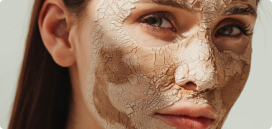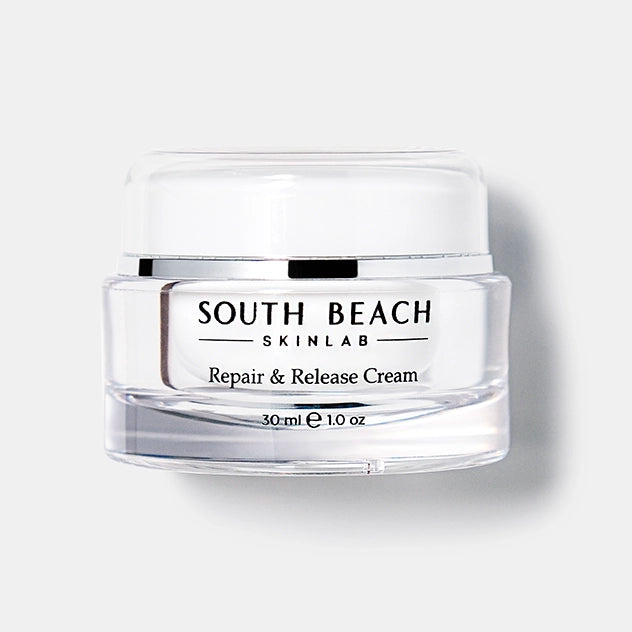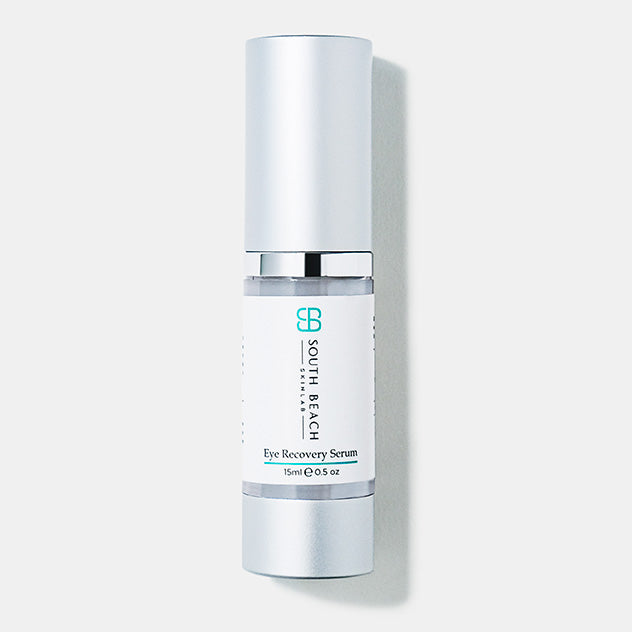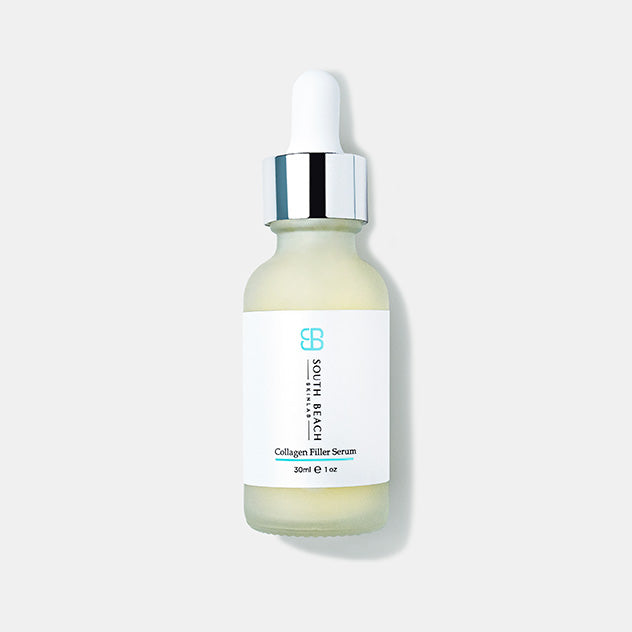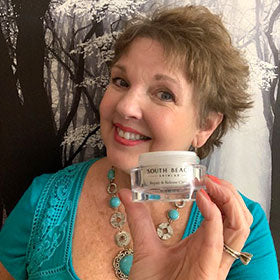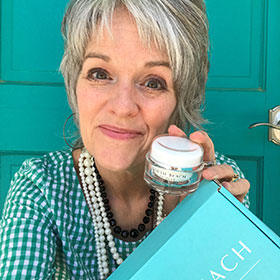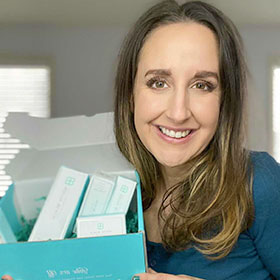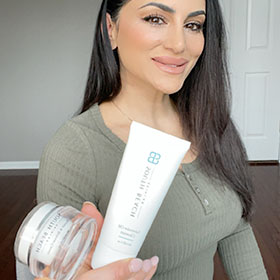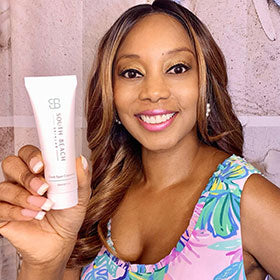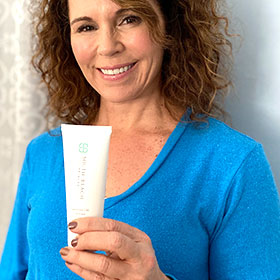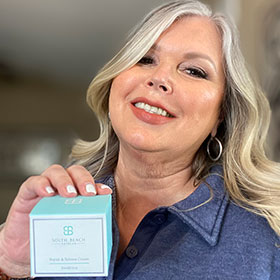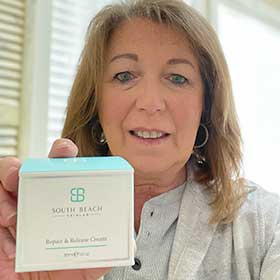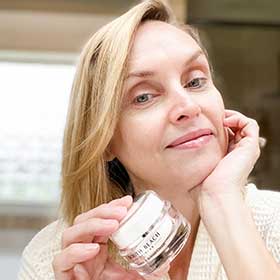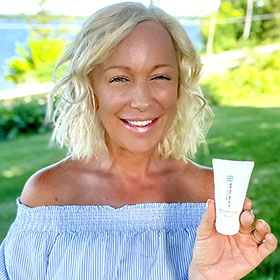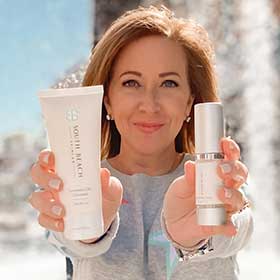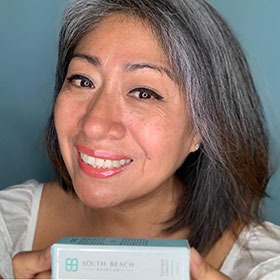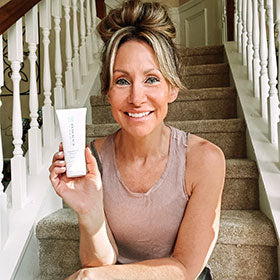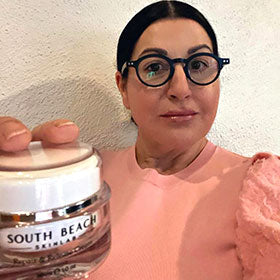In the world of skincare, there are countless options for products to choose from. And when it comes to moisturizers, two of the most popular choices are serums and creams. While both serve the purpose of hydrating the skin, these two types of products have very different formulations and benefits.
To help you decide which one is best for your skin type and needs, we've broken down the three main differences between serums and creams.
Ingredients
The most significant difference between serums and creams is the ingredients. Serums contain a much higher concentration of active ingredients than creams, which have ingredients to help your skin retain moisture. This means that Serums will have a specific effect on your skin, while a cream will help protect your skin throughout the day.
Another big difference is that serums are often water-based and contain ingredients such as antioxidants, collagen, and vitamin C, which can penetrate deeply into the skin and help erase certain skin concerns like sagging skin and a loss of collagen. On the other hand, creams tend to be thicker and richer in texture, with ingredients like shea butter or coconut oil that create a barrier on the skin to lock in moisture and help keep wrinkles at bay.

Absorption
Because serums are lighter in texture and have a thinner consistency, they are easily absorbed by the skin and penetrate more deeply. This is why serums are often recommended for people who have oily or acne-prone skin, as they won’t clog pores or leave a heavy residue on the skin's surface.
Creams, because they are thicker and are designed to sit on top of the skin rather than penetrate, work best for people with dry or combination skin, as they help lock in moisture and prevent dehydration. Since you lose moisture as you age, it might be a good idea to have a cream in your routine to help hydrate your skin and prevent wrinkles and fine lines from getting worse!

Target Skin Concerns
Serums are designed to target specific skin concerns, such as acne, redness, fine lines, or dullness. They can be used to help plump the skin, reduce hyperpigmentation, or minimize the appearance of pores. Because they contain a high concentration of active ingredients, they are most effective at addressing specific concerns.
Creams, on the other hand, contain more hydrating ingredients which create a protective barrier on top of the skin, making them best for general hydration and maintaining the skin’s health and moisture levels. Some creams may also contain ingredients like peptides, which help to add an extra anti-aging boost to your moisturizer.

Ultimately, the choice between serum and cream is dependent on your individual skincare needs and concerns. Since they have different purposes in a routine, they are totally different products! You can always use them hand in hand to help you get the results you want!


